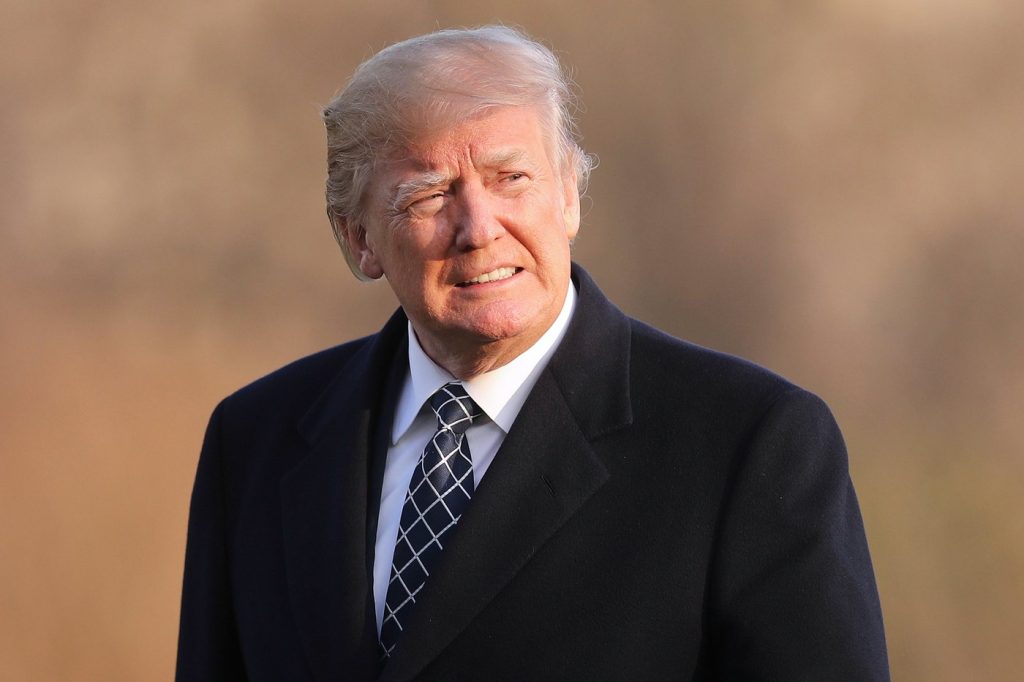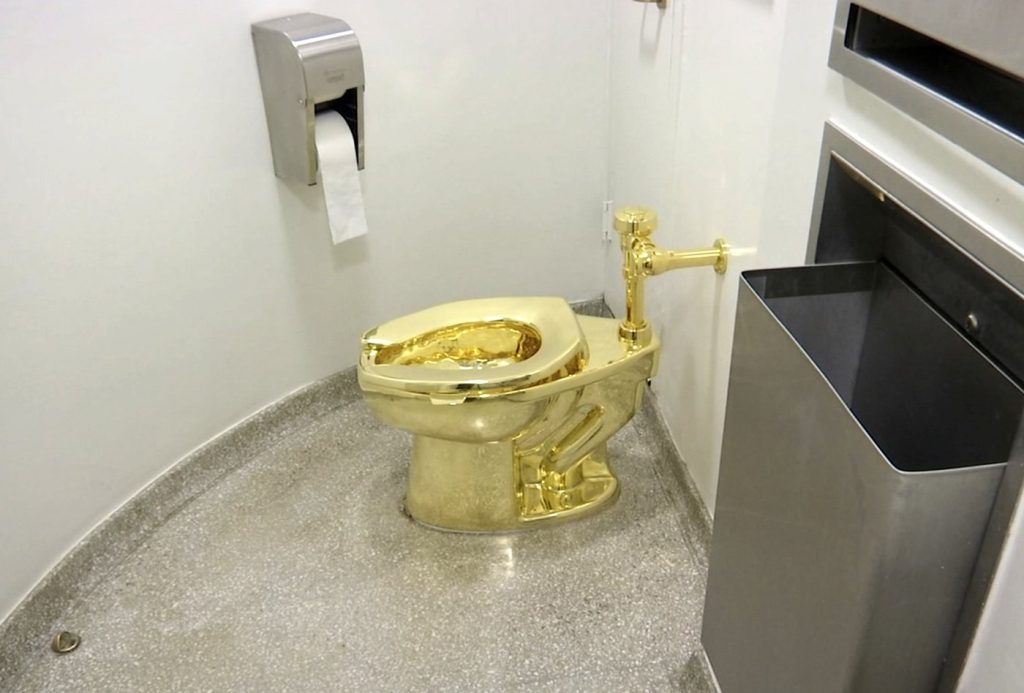ATLANTA (AP) — A federal judge in Massachusetts has issued a ruling blocking President Donald Trump's executive order aimed at overhauling U.S. elections, siding with a coalition of Democratic state attorneys general who deemed the order unconstitutional. The executive order, issued on March 25, sought to impose documentary proof of citizenship for everyone registering to vote in federal elections, mandate that only mailed ballots received by Election Day be counted, and condition federal election funding upon states adhering to this new ballot deadline.
The attorneys general challenged the executive order, stating it "usurps the States’ constitutional power" and attempts to alter election law through executive decree. The White House defended the order, asserting that it upheld the integrity of free and fair elections and characterized proof of citizenship as a "commonsense" requirement.
Judge Denise J. Casper noted in her ruling that the states showing a likelihood of success in their legal challenges. She emphasized that the Constitution does not grant the President powers over election regulations. The judge pointed out that while U.S. citizenship is indeed required for voting in federal elections, the existing federal voter registration forms already require that citizenship be attested.
Additionally, Casper highlighted the burden the new requirements would impose on states, noting the significant efforts and costs required to update voter registration procedures. The ruling received a positive response from the attorneys general of California and New York, both of whom characterized Trump's order as unconstitutional. New York Attorney General Letitia James remarked, "Free and fair elections are the foundation of this nation, and no president has the power to steal that right from the American people."
This ruling follows a similar block from a federal judge in Washington, D.C., who previously invalidated certain aspects of Trump's directive, including the citizenship proof requirement for the federal voter registration form. Trump's order marks the culmination of his ongoing grievances related to elections. After his 2016 victory, he made unfounded claims that his popular vote total would have been higher if not for "millions of people who voted illegally." Since losing to Democrat Joe Biden in 2020, Trump has perpetuated false narratives of widespread voter fraud and alleged manipulation of voting equipment.
Trump has insisted that his executive order would protect elections from illegal voting by noncitizens, despite evidence indicating that noncitizen voting is both rare and generally unintentional. Casting a ballot as a noncitizen is illegal, punishable by fines and deportation if convicted. The ruling also blocked provisions of the order that sought to require states to disqualify any mail-in or absentee ballots received after Election Day. Currently, 18 states and Puerto Rico allow for the acceptance of such ballots as long as they are postmarked by Election Day, according to the National Conference of State Legislatures.
States like Oregon and Washington, which primarily conduct their elections via mail, have launched separate lawsuits against the ballot deadline aspect of the executive order, arguing that it could disenfranchise voters. Washington Secretary of State Steve Hobbs noted that in the 2024 election, over 300,000 ballots in the state arrived after Election Day.
While Trump's order has garnered support from election officials in some Republican-led states, who view it as a tool to combat voter fraud and improve access to federal data for voter roll maintenance, many legal experts contend that the executive order oversteps Trump's authority. The Constitution clearly assigns states the power to regulate the "times, places, and manner" of elections, with Congress having the authority to establish rules for federal elections. Judge Casper's ruling reiterates this constitutional limitation, reinforcing that the President lacks the power to dictate election rules.
During a hearing on the states' request for a preliminary injunction, attorneys debated whether the proposed changes could be implemented in time for the upcoming midterm elections and the financial implications for the states. Justice Department attorney Bridget O'Hickey argued that the order aims to standardize certain election procedures rather than create a complex patchwork of state laws. She also suggested that the potential for manipulation exists with ballots received after Election Day, which may lead to allegations of vote tampering. However, it was noted that all ballots submitted after Election Day must bear a postmark from on or before that date, ensuring that any late arrivals would not be counted.












